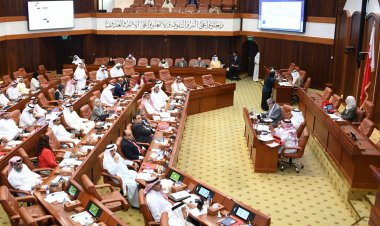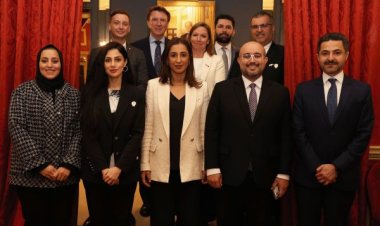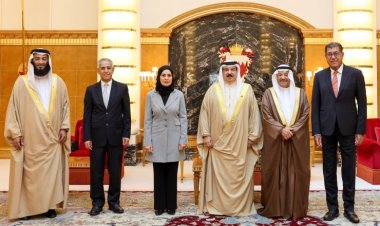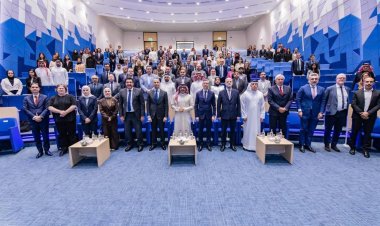Tech Mahindra’s Sahil Dhawan: Why Bahrain Is the Gulf’s Launchpad for AI and Digital Innovation
Manama, October 2025 – Bahrain is quietly emerging as one of the Gulf’s most agile digital economies a strategic testing ground where innovation meets implementation. From progressive cloud regulation to a thriving fintech ecosystem, the Kingdom has positioned itself as a launchpad for next-generation digital platforms. At the centre of this evolution stands Tech Mahindra, whose regional expansion is guided by Sahil Dhawan, President and Head of the company’s India, Middle East, and Africa business.
With over two decades of experience in global technology strategy, Dhawan believes the Middle East’s success in digital transformation hinges not on imported solutions but on local co-creation. Speaking at the Gateway Gulf Investment Forum 2025, he explained that Tech Mahindra’s mission is to turn “AI hype into measurable business value” by training local talent, building innovation ecosystems, and aligning with national visions such as Saudi Vision 2030 and Bahrain’s Economic Vision 2030.
“Our most significant learning,” Dhawan said, “has been that success in these markets is built on trust, partnership, and contextual innovation. It’s about moving from delivery models to development ecosystems co-creating with governments, academia, and enterprises to generate tangible socio-economic outcomes like smarter cities, inclusive finance, and resilient digital infrastructure.”
On artificial intelligence, Dhawan distinguishes between experimentation and institutionalisation. “The real impact of AI lies in its institutionalisation, where intelligence becomes a native capability of the enterprise,” he explained. Across the Gulf, organisations are now embedding AI into energy management, financial systems, and public services, yielding measurable gains in efficiency and predictive accuracy. Yet, he emphasised that AI governance and ethics transparency, explainability, and bias mitigation are what truly set the region apart.
Tech Mahindra, he noted, is helping clients evolve from AI adoption to AI assurance, integrating accountability and governance into their architectures. “This convergence of intelligence and integrity,” he said, “is what will transform AI from a technology of efficiency into a force for sustainable, human-centric growth.”
Reflecting on the current wave of transformation, Dhawan compared it to the dawn of the internet but noted a profound shift in scale and intent. “The internet created connectivity,” he said, “but today’s fusion of AI, 5G, and quantum computing is engineering cognitive enterprises capable of learning, reasoning, and evolving autonomously. Innovation has become profoundly democratised emerging not from the centre, but from ecosystems blending human insight with machine intelligence.”
Bahrain, in Dhawan’s view, embodies this ecosystem-led model. “The Kingdom represents the confluence of vision and velocity, where policy innovation meets digital ambition,” he said. Tech Mahindra’s Bahrain operations serve as a strategic anchor for the Gulf, enabling agile service delivery across telecom, BFSI, and public sectors. The Kingdom’s progressive stance on cloud regulation, fintech modernisation, and data localisation has allowed the company to pilot and scale platforms that later expand across the Middle East and Africa.
“Bahrain is more than a market it’s an innovation testbed,” Dhawan noted. “Its collaborative ecosystem between government, academia, and enterprise makes it integral to our regional strategy.”
Looking ahead to Gateway Gulf 2025, Dhawan highlighted the company’s commitment to aligning public ambition with private execution. “Tech Mahindra’s opportunity,” he said, “is to accelerate the region’s transition from resource-based to knowledge-led economies. Our focus is on AI for public good, cross-border digital trade, and sustainable inclusion advancing what technology can and should do for long-term societal value.”
For Dhawan, transformation is not a one-time project but an enduring mindset. “True transformation,” he concluded, “lies in building organisations that think systemically, act ethically, and evolve continuously. The future belongs to those who can combine intelligence with empathy, creating innovation that serves both business and humanity.”

























